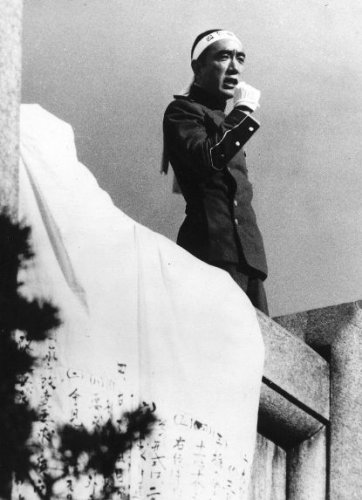Writing about Dante’s non-fiction Monarchia not once, but twice on this blog, and once at length on the main site, made me want to revisit his poetry. I haven’t had time to tackle The Divine Comedy this year, but was able to get through the fairly short La Vita Nuova over Christmas weekend, when not visiting with my kinsfolk.
La Vita Nuova is a bit of an odd work; the poetry makes up the centrepiece, but the work as a whole is autobiographical, and concerns Dante’s relationship, such as it was, with Beatrice. His love for Beatrice is famous, and plays a large part in The Divine Comedy, but as intensely felt as it was for Dante, from the outside not much seems to have come from it. They never really do anything together, barely so much as even a short conversation, and Dante deliberately hides his love for at least the first part of this story. If anything, the style of the book reminds me of the Hyakunin Isshu, which I just wrote about, in that it’s essentially a collection of occasional poems that Dante wrote capturing or commenting on moments with Beatrice, her friends, love in general, and so on. Basically, as the hundred poets would write a tanka as almost a matter of course whenever something subjectively interesting happens, Dante does the same but typically in sonnet form. As for the poems themselves, each is preceded by a paragraph or so of prose explaining the context, and is also accompanied by a short explanation of the poem itself. Most of these, about 4/5, are sonnets, though Dante occasionally uses a longer form. Though I wouldn’t call this light reading, they typically aren’t very difficult to follow, especially compared to the much more allusive, ambitious Divine Comedy. Again, I’d compare them to the Hyakunin Isshu in that the main goal seems to be capturing a moment or feeling in more elevated language.
